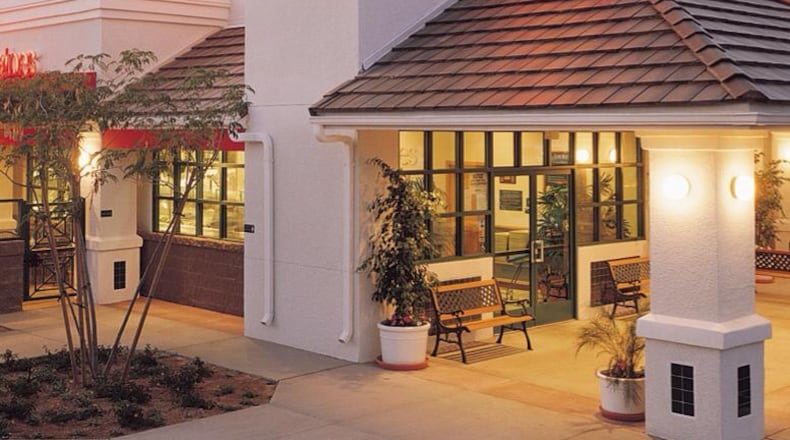Sweet Tomatoes, a buffet franchise that has had locations in Georgia for years, has announced it will close all of its nearly 100 locations due to the impact of the COVID-19 pandemic.
The Southern California-based buffet-style restaurant chain made the sobering announcement via its Facebook page Friday, which will impact the franchises in Alpharetta, Dunwoody, Atlanta, Kennesaw and Duluth. The chain, which goes by Souplantation in Southern California, will permanently shutter its 97 Sweet Tomatoes and Souplantation locations. As a result, their workforce of 4,400 employees will be laid off from the company.
“As you may have heard, we are unable to reopen our 97 Soulplantation and Sweet Tomatoes restaurants due to the Covid-19 pandemic,” read a company statement. “The outpouring of love on social media has been overwhelming and we are so grateful to all of the sweet memories you have shared with us. We would like to thank our 4,400 team members for their dedication and love they have shown to our local communities.”
The San Diego fresh salad and soup eatery was founded in San Diego 42 years ago, according to the San Diego Union-Tribune. The restaurant was known for its self-serve style dining with offerings like its signature salad bar, house-made soups, focaccia pizza, baked goods, baked potato bar, pastas, soft-serve ice cream and beverage bar.
Garden Fresh Restaurants, the parent company over the franchise, had attempted to survive in an environment where delivery and curbside takeout was the only option for survival. With federal limitations on self-serve dining, Garden Fresh CEO John Haywood told the Union-Tribune the business model for buffet eateries will likely crumble across the industry beyond the most critical period of the coronavirus outbreak.
“The FDA had previously put out recommendations that included discontinuing self-serve stations, like self-serve beverages in fast food, but they specifically talked about salad bars and buffets,” Haywood told the newspaper. “The regulations are understandable, but unfortunately, it makes it very difficult to reopen. And I’m not sure the health departments are ever going to allow it.”
The Garden Fresh restaurants’ precipitous drop in revenue began in February and March, said Robert Allbritton, chairman of Washington, D.C.-based Perpetual Capital Partners, a private investment firm that purchased the restaurant company following a bankruptcy filing in 2016.
The brand had been working the last two years to improve things like fixtures, signage and carpeting at locations in Georgia, Florida and California, Albritton said. The efforts were increasingly evident, with a growth in its number of guests up until January. As the virus hit, the chain’s business went “from 100 percent to 70 to 30 to 10 percent that fast,” he said.
“We could’ve overcome any other obstacle, and we’ve worked for eight weeks to overcome these intermittent financial challenges but it doesn’t work if we are not allowed to continue our model.”
About the Author
The Latest
Featured



